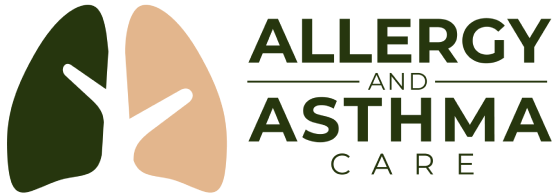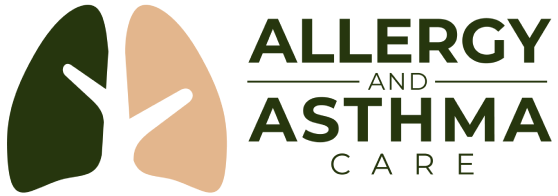Hives are raised, red, itchy areas on the skin (also called wheals or welts) that can result from an allergic reaction.
The medical term for hives is urticaria.
Clusters of hives may appear as a reaction to an allergen such as food, medicine, or an insect bite or sting. Hives may also occur as a reaction to infection or emotional stress. Histamine, a chemical your body makes, is released in response to the irritant that causes the hives to form. Histamine causes the redness, swelling, and itching. Often the cause of the hives cannot be determined.
The raised, red, itchy areas may vary in size and shape. You may have one or many hives. The hives may appear on any part of the body. They are most common on the arms, legs, and trunk. You may have red blotches on your face. The rash may last for a few minutes, several days, few weeks or years. Hives can be uncomfortable and they may recur.
In the case of a severe reaction–to a bee sting, for example–your face and throat may swell (Angioedema). Angioedema may cause problems with breathing, creating the danger of a severe asthma attack or a closing of the throat from swelling, which can be life-threatening. Call 911 right away.
We will look at the hives and swelling and ask about your history of sensitivity to such things as:
- foods (especially eggs, shellfish, milk, nuts, berries, dyes or other additives)
- medicines (such as penicillin, aspirin, or sulfa drugs)
- plants (such as nettles) and pollen
- animals, such as an allergy to cats
- insect bites or stings
- exposure to heat, cold, or sunshine.
Avoid suspicious causes.
Identifying multiple allergies may require skin tests or other types of allergy tests.
The treatment we will recommend will depend on how serious your hives are. If the rash or swelling is severe or not responding to the above treatments, we may prescribe an oral steroid medicine (for example, prednisone).
Some allergic reactions are emergencies because they are life threatening. They require immediate medical treatment. If your hives appeared suddenly and spread quickly, you need emergency treatment.
If your throat is swelling or if you are having trouble breathing or are wheezing, you need to give yourself medicine (if you have been prescribed it) and/or call 911. Once you are under care you may also receive a shot of epinephrine (adrenaline) to counteract the reaction. Chronic hives last a longer time. Most often (more than 50% of the time) it is not possible to determine their cause.
Call 911 right away for emergency medical care if you have an allergic reaction that affects your breathing, your throat feels tight, or your face begins to swell around the eyes, lips, or tongue.
Avoid foods that seem to cause you to break out in hives or swelling.
Call us for an appointment if you continue to have outbreaks of hives or swelling.
If you have a known severe allergy, such as to bee stings or to a food such as peanuts, ask us about carrying epinephrine autoinjector. EpiPen 2-pak is a single-dose per syringe injection kit of epinephrine. You can use it to give yourself a shot and immediately call 911 if you have a severe allergic reaction. It will counteract or slow the allergic reaction until medical help arrives.
Wear a medical ID bracelet or necklace that indicates your allergies and risk of a severe reaction. This can help ensure prompt and proper treatment during an emergency.
If you know the cause of your hives, you should take steps to avoid the cause.
Call our office to diagnose and treat your hives and/or swelling.


